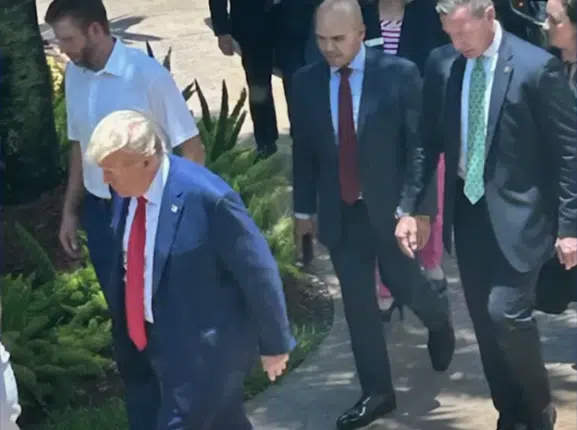NRD Editor’s Note: This column originally appeared at Forbes.com.

This quotation – routinely misattributed to “internet inventor” Al Gore – was actually provided to The Wall Street Journal in May of 1989 by former U.S. Vice President Dan Quayle. And while there is some confusion as to the author’s identity, there can be no disputing its accuracy – certainly not insofar as our nation’s economic freedom is concerned.
Built up over more than two centuries, America’s “irreversible trend toward more freedom” has been suddenly (and stunningly) reversed over the last decade – with tragic consequences for business owners, taxpayers and citizens alike. Once a bastion of free market ideology and unprecedented prosperity, America’s ongoing descent into dependence-inducing command economics is fast approaching terminal velocity.
According to the Cato Institute’s latest Economic Freedom of the World report –– which incorporates more than forty “objective components” related to each country’s government size, property freedom, monetary policy, trade policy and regulatory climate – the United States has seen its economic freedom plunge “precipitously” in recent years.
“The United States, long considered the standard bearer for economic freedom among large industrial nations, has experienced a substantial decline in economic freedom during the past decade,” the report concludes. “From 1980 to 2000, the United States was generally rated the third freest economy in the world, ranking behind only Hong Kong and Singapore.”
However in 2005 America slipped to No. 8 on this index. And as of 2010 – the latest year for which data is available – our country had fallen all the way to No. 18.
What’s driving this decline?
“Increases in government spending, record deficits, violation of property rights, more onerous regulation of business, and wars on terrorism and drugs have all contributed to the erosion of economic freedom in America,” the report’s authors note.
In other words all of the Keynesian policies emanating from Washington, D.C. are no longer “slowly” sinking our nation’s competitiveness, they are bleeding it dry. Obviously our government’s record-setting deficits have received plenty of attention in recent years, but the steady erosion of property rights, devaluation of our currency and ramped up regulatory activity accompanying them have also been wreaking havoc on the American economy.
According to a recent analysis of U.S. Census data, only 45.5 percent of Americans were employed in 2010 – the lowest percentage in nearly three decades. By contrast 49.3 percent of Americans were employed in 2000. And not only are fewer Americans working – they’re making less money. According to data from the Internal Revenue Service, the average adjusted gross income in this country fell by nine percent (or nearly $2,700) from 2000-2010. Meanwhile dependence on government is such that while 47 percent of Americans currently pay no income tax – as GOP presidential nominee Mitt Romney recently pointed out – 165 million Americans are now dependent on some sort of government subsidy (more than half of nation’s population).
Based on increasingly reckless federal policy implemented under the Obama administration, even steeper declines in economic freedom are predicted for the coming years – which will result in deeper, more widespread economic stagnation, fewer jobs and lower income levels. In fact the report’s authors are projecting that “future annual growth of the U.S. economy will be half its historic average of 3 percent.”
“Subsidies, grants and other forms of political favoritism directed toward well-organized interests providing large political contributions have become the primary business of both parties, undermining economic freedom and retarding economic growth,” they note. “Unless American voters and the politicians they elect reverse course, our future will be one of stagnation, dependency, broken promises and increased political corruption.”
Howard Rich is chairman of Americans for Limited Government.







